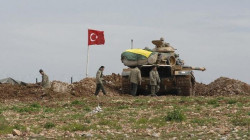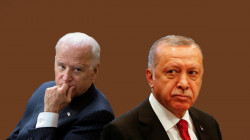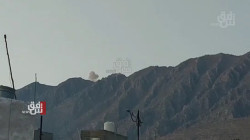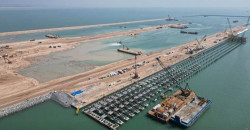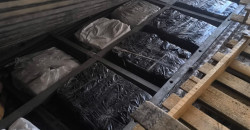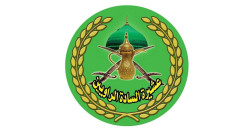Turkiye offers assistance to new Syria in printing currency
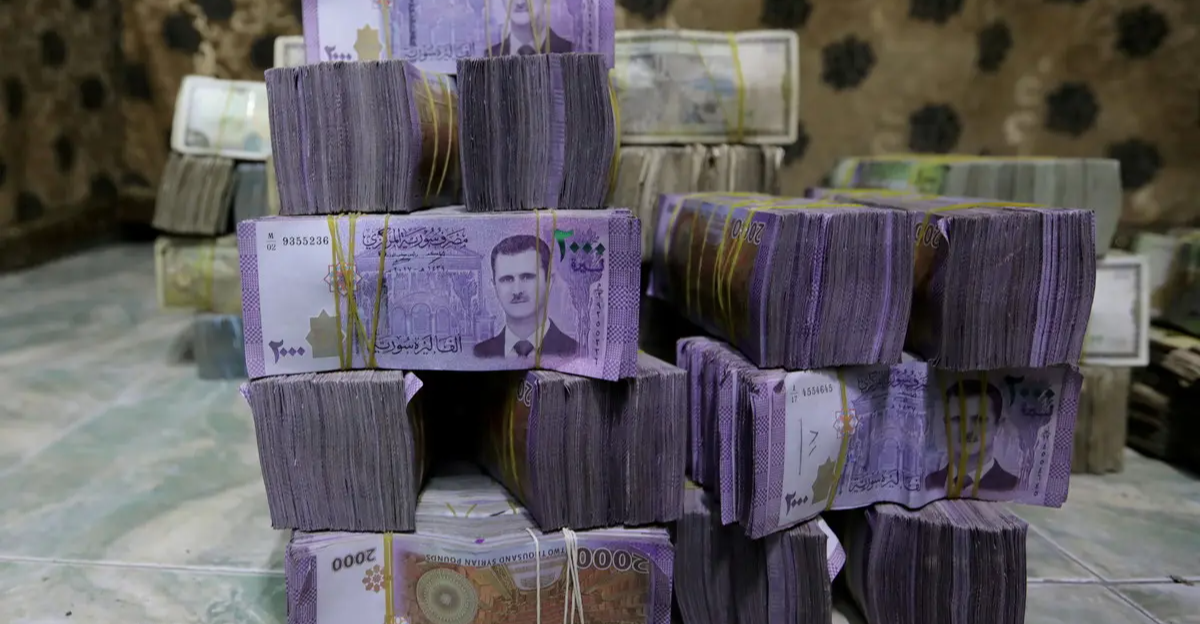
Shafaq News/ Turkiye has expressed willingness to assist the new Syrian authorities in printing banknotes, Turkish Minister of Transport and Infrastructure Abdulkadir Uraloğlu said on Tuesday.
“Syria's current banknotes are printed abroad, and Turkiye is prepared to provide support in this area. Efforts have commenced in coordination with the Turkish Ministry of Foreign Affairs and the National Intelligence Organization,” Uraloğlu was quoted as saying by Turkish media.
The Syrian pound (lira) remains the official currency in Syria, issued by the Central Bank, and is available in both paper and coin forms. Key paper denominations include 50, 100, 200, 500, 1,000, 2,000, and 5,000 Syrian pounds.
Notably, the 1,000-pound note features an image of former President Hafez al-Assad, while the 2,000-pound note bears an image of President Bashar al-Assad.
Smaller coin denominations, ranging from 1 to 50 pounds, are rare in circulation due to inflation and the declining purchasing power of the Syrian pound. Additionally, the Turkish lira is widely used in several Syrian cities.
Following the collapse of the Assad family’s five-decade rule, there have been growing calls to replace Syria’s current currency, particularly notes featuring the images of Hafez and Bashar al-Assad.
Replacing a national currency involves multiple steps, including designing new notes, selecting symbols and materials, obtaining government approval, and managing the printing process.
Economic experts note that integrating a new currency requires stable governance, economic reforms, and financial resources to cover production costs while controlling inflation.
The introduction of a new currency also necessitates legal frameworks to enforce its use and regulate exchange mechanisms with the older currency.
In a sign of economic improvement following the fall of the Al-Assad regime, the Syrian pound has strengthened significantly against the US dollar.
On Wednesday, the dollar was trading at 13,500 pounds for purchase, down from 13,800 pounds the previous day, according to the SP-Today platform, which tracks parallel market rates in Damascus and Aleppo.
